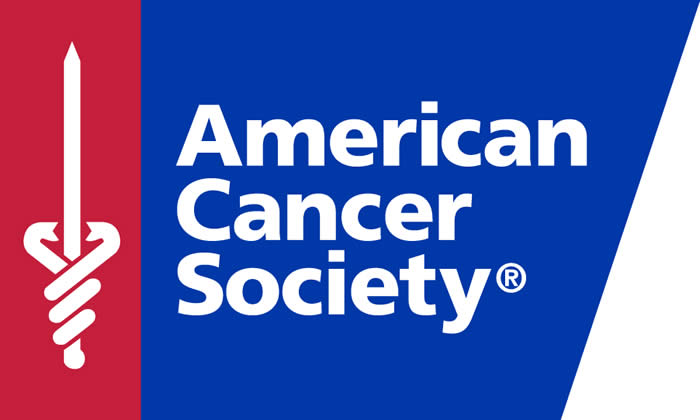FDA Withdraws Approval For Avastin In Metastatic Breast Cancer

Today the Commissioner of the Food and Drug Administration, Dr. Margaret Hamburg, announced that the FDA is withdrawing approval of Avastin® (bevacizumab) for the treatment of metastatic breast cancer.
This announcement culminates a highly watched process where the FDA determined that although it had granted accelerated approval for the use of this drug in treating breast cancer, subsequent studies did not demonstrate in any group of women that Avastin® actually helped patients in any meaningful way, while causing significant harms-including death.
In the accelerated approval process, the FDA permits a company to market a drug for a specific indication, usually in a life threatening disease, while allowing the company to perform additional trials to confirm the value of the drug. After those trials are done, under this form of approval, the FDA reserves the right to revoke that approval if the original promise of the drug is not confirmed. That is what has happened with Avastin® in breast cancer.
As difficult as this decision has been for the FDA, it is even more difficult for women (and their loved ones and their doctors) who believe that Avastin® has saved their lives. The Commissioner emphasized that she was acutely aware of that concern in making her determination, but she underlined the fact that when the science was carefully reviewed, there was no evidence of meaningful benefit of Avastin® in breast cancer treatment.
The full impact of this decision is difficult to determine at this time.
First and foremost are the women who are currently receiving Avastin® as part of their treatment program. In those circumstances, they must have discussions with their treating oncologists to determine what the best course of action may be. It is important to note that-as the Commissioner stated several times in a telephone conference this morning-the FDA does not practice medicine. Doctors remain free to use Avastin® as a treatment for metastatic breast cancer, with the understanding that they have a careful and thoughtful discussion with their patients about the findings regarding the benefits of the drug, weighed against the possibility of severe side effects. The use of Avastin® in other cancers where it is approved-including lung, colon, kidney and brain cancers-is not affected by today's order.
This decision will obviously lead insurance companies to review their payment policies regarding Avastin® in breast cancer. Other experts have made their opinions known that in their experience Avastin® has proven beneficial for breast cancer patients. Whether those opinions will provide sufficient reason for insurers and government programs such as Medicare and Medicaid to pay for this treatment remains unknown at this time (A news report that appeared as I was writing this blog says that Medicare has stated it will continue coverage. I have not been able to verify that report). At the least, we would hope that insurers will continue to cover treatment with Avastin® in those women currently on the drug and who are showing a benefit from its use.
Ultimately, as noted by the Commissioner, this was a difficult decision to make, but one that had to be made based on the science. She expressed her hope that Genentech-the company that developed and distributes the drug-will continue its research studies to find out if there are particular groups of women that can be identified who will show greater benefits than have been seen to date.
This may not be the end of the long and tortured path for the story of Avastin® and breast cancer, which actually started well before the FDA initially provided approval in 2008. There were delays of several years between the first research reports that Avastin® was effective in treating advanced breast cancer and the time the FDA actually granted accelerated approval for the drug. Then there were the additional studies that had to be completed as an outgrowth of the accelerated approval process, to show whether or not the early promises of benefit were confirmed in further studies.
When the FDA announced a preliminary determination that they had reviewed the results of those additional studies and concluded that their prior approval should be withdrawn, Genentech requested a formal hearing from the FDA. That hearing was held in June, where women and their physicians made it painfully clear that they thought Avastin® worked, and in some cases had saved their lives. On the other side of the discussion were the scientists from the FDA who were steadfast in their analysis and opinions that Avastin® not only did not save lives, it actually may have caused more serious harms (including deaths) than justified by the potential but difficult to demonstrate benefit of the drug. A group of cancer experts who voted at the end of the presentations sided unanimously with the FDA.
Now we have the final determination from the FDA Commissioner. But that may not be the end of the story. The Commissioner indicated this morning that although regulatory review of this issue has been completed, there remains the possibility this could be taken to the courts for further adjudication.
As we move forward in the era of targeted therapies, there are bound to be more situations where the initial optimistic expectations of scientists, doctors and patients may not be borne out with further investigation.
We can all hope for success, but when success is not confirmed by the science we must be willing to reconsider whether our hopes were in fact realities. That is neither simple nor easy, especially when dealing with human life. But it is a principle to which we must adhere if we are to be honest with ourselves, our patients and those we serve.
ACS19033

